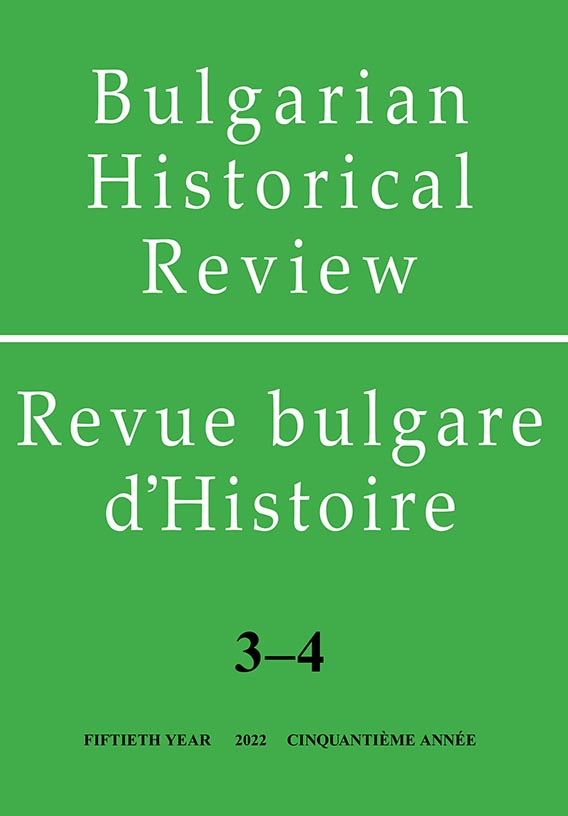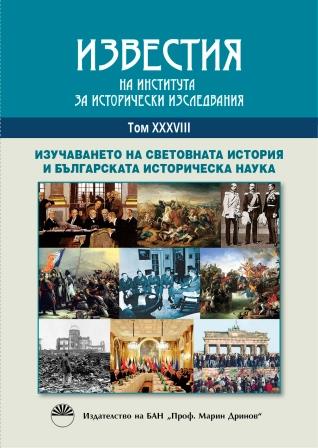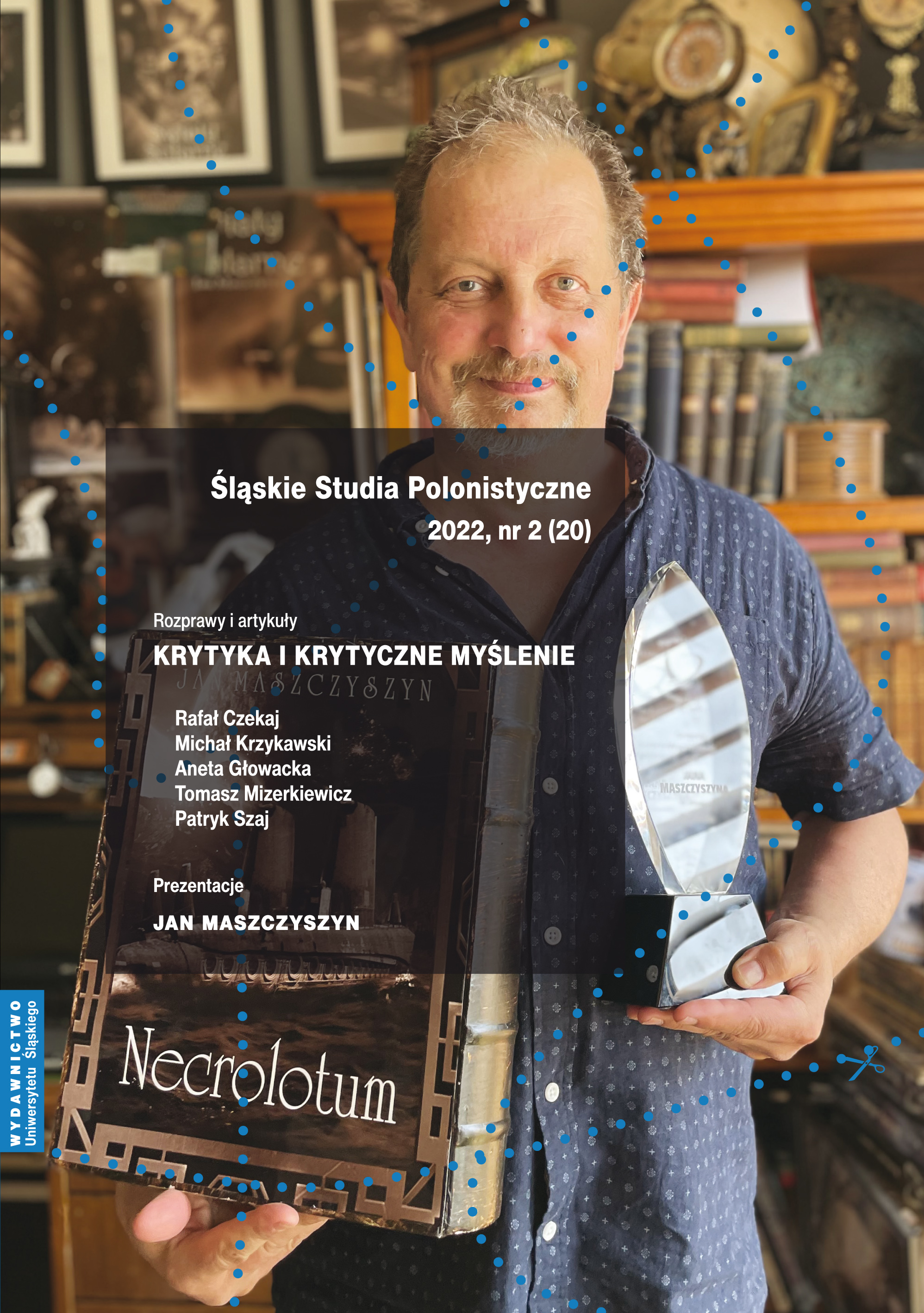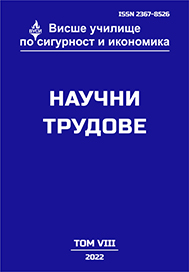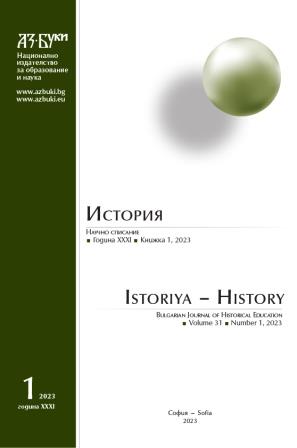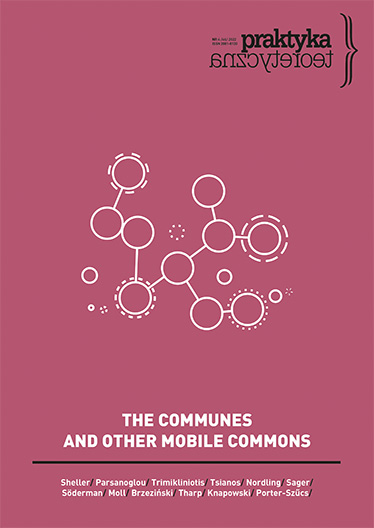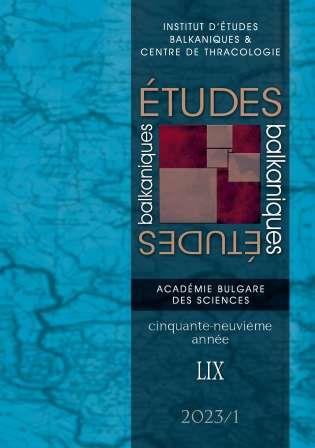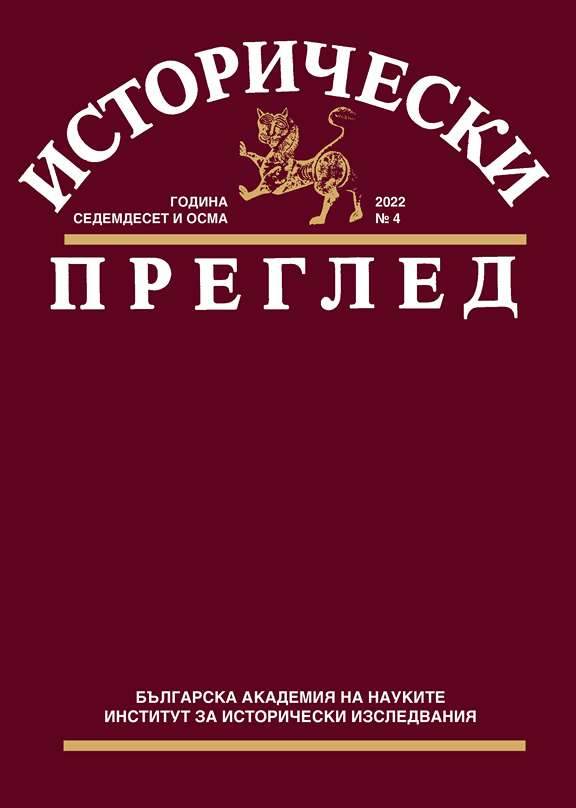Author(s): Dan Țălnaru / Language(s): Romanian
Issue: 21/2022
Confronted more and more with unemployment, deviance and anarchism, daily life in Romanian communism since the early 1970s entered a new stage of re-disciplining. This process was supposed to mold society in line with the demands required by the new ideological program announced at the 10th Congress of the PCR, „The Program for the Creation of a Multilaterally Developed Socialist Society”.Refusal to work, vagrancy, hooliganism, alcoholism, prostitution, profiteering, from and other forms of were associated with the behavior of young people. These problems were targeted by a special law, the "law of social parasitism", as it remained in the collective mind until today, so as not to contradict socialist lifestyles.The restriction of rights and freedoms, the generalized shortage did not make society an ally of this law. On the contrary, a series of antisocial practices that the population resorted to in the name of survival, often placed it under its influence.The lack of goods and food in the shops of towns and villages, the time wasted waiting for them, the poor quality of the products, together with other difficulties and humiliations of everyday existence created a „black market”, a parallel supply network based on profiteering, from overpriced goods. The lack of services, including social ones, kept alive the institution of favors, a system of relationships in which access to medical services, housing, education or a job had to be additionally rewarded in order to pass the customs of corruption in the public administration. The compression of incomes, the regimentation in increasingly difficult occupations, also destroyed the civilizing myth of work. Unemployment, non-existent in official reports, became a recurrence among the youth.The „law of social parasitism” was nothing more than a way in which the state tried to re-discipline the behavior of a generation that, for a short time, had looked through the folds of the Iron Curtain. The law countered the ideological dilemmas generated by the relaxation of the 1960s and the 1970s as well as the fallout from the severe economic recession of the 1980s.
More...
